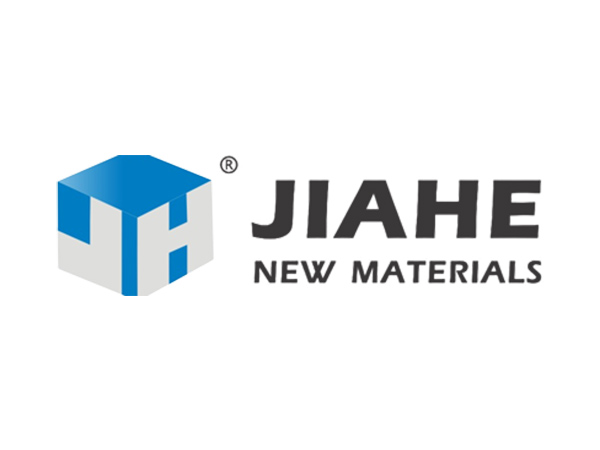Rubber products—from automotive seals and industrial hoses to consumer goods like gloves and footwear—often emit unpleasant odors, stemming from residual volatile organic compounds (VOCs), unreacted monomers, or sulfur-based vulcanization agents. These odors not only harm user experience but may also violate regulatory standards (e.g., EU REACH, U.S. FDA for food-contact rubber). Rubber deodorizer suppliers play a pivotal role in solving this challenge, acting as critical partners for rubber manufacturers aiming to produce high-quality, odor-compliant products.
A reliable rubber deodorizer supplier offers a diverse range of deodorizing solutions tailored to different rubber types and applications. Their core products typically fall into three categories: physical adsorbents (e.g., activated carbon, zeolites) that trap odor molecules; chemical neutralizers (e.g., oxidizing agents, amine scavengers) that react with odorous compounds to eliminate them; and bio-based deodorizers (e.g., plant extracts, enzymes) that offer eco-friendly options for sensitive sectors like medical or food-grade rubber. Suppliers often customize formulations—adjusting concentration, compatibility with rubber matrices (natural rubber, nitrile, EPDM)—to meet clients’ specific needs, such as low toxicity or high-temperature stability during vulcanization.
Beyond product provision, top suppliers deliver end-to-end support to streamline integration. This includes technical consultation (e.g., advising on optimal deodorizer dosage to avoid affecting rubber elasticity), sample testing to validate odor reduction efficacy, and assistance with compliance documentation to meet industry regulations. Many also ensure supply chain reliability, offering consistent inventory and timely delivery—critical for rubber manufacturers with continuous production lines.
In today’s market, where consumers and brands prioritize “clean” products, rubber deodorizer suppliers drive competitiveness. By partnering with them, manufacturers can reduce product rejection rates, expand into high-value markets (e.g., premium automotive interiors, medical devices), and align with sustainability goals (via bio-based deodorizers). As rubber production grows globally, these suppliers remain essential, blending innovation in deodorant technology with customer-centric service to shape a more odor-free industry.


